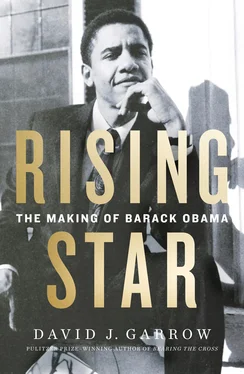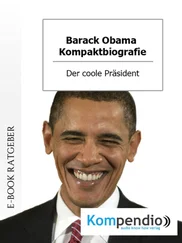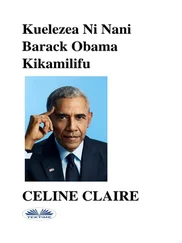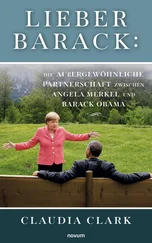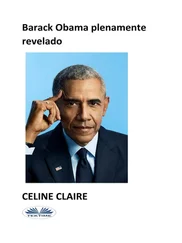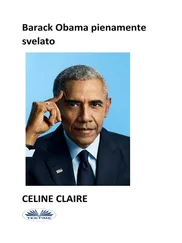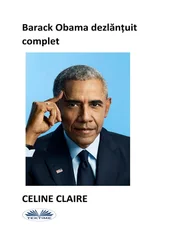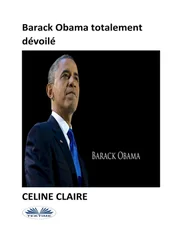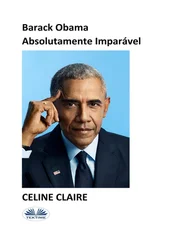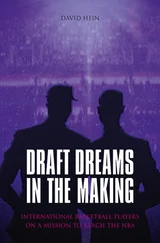INS documents indicate that Ann and Barry never moved to 3326 Oahu Avenue, where Lolo was living, but instead remained at 2234 University Avenue with Stan and Madelyn. The looming question of whether Lolo would be able to remain in the U.S. beyond June soon brought both him and Ann into extensive contacts with the INS that mirrored what her ex-spouse had experienced a year earlier.
Sometime during May or June 1965, UH’s East-West Center (EWC), which had sponsored Lolo’s graduate study, received a cable from the Indonesian embassy in Washington requesting Soetoro’s immediate return to Jakarta. But Lolo and Ann had already taken the initiative to win an extension of his visa, and following two joint interviews at the Honolulu INS office, on June 7 Lolo’s residency permit was extended until mid-June 1966. On July 2, when Lolo informed the EWC of that, he was summoned to a July 6 meeting to be reminded “that the East-West Center still retained visa sponsorship and authority” regarding his residency. Lolo said he had sought the extension because his wife was suffering from a stomach ailment that might require surgery, but later that day EWC phoned INS, which immediately summoned both Lolo and Ann to another interview on July 19. In the interim, Ann, using Dunham as her surname, applied for and received her first U.S. passport.
Officials from the EWC visited the Honolulu INS office to explain that their agreement with the Indonesian government required that “every effort will be made to return students at the completion of their grants.” Thus EWC “shall appreciate any effort which you can make to insure that Mr. Soetoro will be returned to Indonesia as soon as possible.”
Before the July 19 session, Lolo submitted a statement to the Honolulu INS office noting that in his homeland “anti-American feeling has reached a feverish pitch under the direction of the Indonesian communist party.” This was supported by widespread U.S. press reports. Lolo asserted, “I have been advised by both family and friends in Indonesia that it would be dangerous to endeavor to return with my wife at the present time.” In addition, “I would meet with much prejudice myself in seeking employment” because of his U.S. educational background, and “land belonging to my family has already been confiscated by the government as part of a communistic land reform plan,” a policy that press reports again corroborated. Citing his “former compulsory association with the Indonesian army while still a student,” Lolo also feared being dragooned into battlefield service in Indonesia’s armed conflict with Malaysia if he returned home.
Soon after the July 19 interview, INS Honolulu recommended denial of any ongoing residency for Lolo. But almost two months later, the EWC notified Indonesia’s San Francisco consulate that Lolo would return to Indonesia in June 1966—and his wife would accompany him. This was just days before Indonesia was plunged into months of bloody, widespread violence in which hundreds of thousands of the previously ascendant Communists and perceived sympathizers were slaughtered by the Indonesian army and allied militias. That turmoil commenced with an unsuccessful, Communist-backed revolt against the army leadership by a small band of junior officers on September 30, 1965.
For the next six months, the violently anti-Communist army leadership took firm control of the country and a half million or more civilians were killed. Even with knowledge of the tumult, Ann, on November 30, gave the INS an affidavit acknowledging, “I don’t feel that I would undergo any exceptional hardship if my husband were to depart from the United [States] to reside abroad as the regulations require.” Those rules would allow Lolo’s readmission, as her husband, after two years’ absence from the U.S., a preferable course to being hamstrung by EWC’s deference to Indonesian authorities.
If the elimination of the anti-American Communist presence in Indonesia is what caused Lolo and Ann to change their strategy, that has gone unrecorded. Ann’s affidavit did, however, say she was “living with my parents in the home which they rent” and that “my son by a former marriage lives there with us.” INS’s efforts to revoke Lolo’s existing extension petered out, and on June 20, 1966—the last possible day—Lolo Soetoro flew out of Honolulu bound for Jakarta. 17
After Lolo’s departure, Ann took a secretarial job in UH’s student government office and also began doing some temporary nighttime tutoring and paper grading. That gave her an income of about $400 per month, and she told INS officials she hoped to save enough money to join Lolo in Indonesia in summer 1967. “We figure on going and staying until my husband’s time is up and then come back together.” With young Barry in kindergarten at Noelani Elementary School, and Stan and Madelyn both working full-time, Ann spent $50 to $75 a month for a babysitter on weekdays from 2:30 P.M. to 5:00 P.M. In December 1966, she told INS that she expected to complete her B.A. degree in anthropology in August 1967 and would join Lolo in Indonesia that October. She was already attempting to secure employment at the U.S. embassy in Jakarta.
INS did not appear open to waiving the two-years-abroad requirement for Lolo, and in May 1967 INS agent Robert Schultz phoned Ann for an update. “She and her child will definitely go to Indonesia to join her husband if he is not permitted to return to the United States sometime in the near future, as she is no longer able to endure the separation,” Schultz noted. “Her son is now in kindergarten and will commence the first grade next September and if it is necessary for her and the child to go to Indonesia, she will educate the child at home with the help of school texts from the U.S. as approved by the Board of Education in Honolulu.” Unbeknownst to Ann, this description of young Barry’s educational plight would set in motion a change in the INS’s attitude about a waiver. Still, in late June, she applied to amend her 1965 passport, taking Soetoro rather than Dunham as her surname.
In August 1967, just as Ann was receiving her B.A. from UH, INS, layer by bureaucratic layer, gradually agreed to grant Lolo a waiver, and two months later notified the State Department of that intent. Nine months would then pass before the Honolulu INS office realized that State had never responded. In the interim, sometime in October 1967, twenty-four-year-old Ann Soetoro and six-year-old Barry Obama boarded a Japan Airlines flight from Honolulu to Tokyo. During a three-day stopover, Ann took Barry to see the giant bronze Amida Buddha in Kamakura, thirty miles southwest of Tokyo. Then they boarded another plane, headed for Jakarta via Sydney. 18
In Honolulu, Barry had begun first grade at Noelani Elementary School, and upon arrival in Jakarta, Ann initially followed through on her promise to homeschool her son. Home was 16 Haji Ramli Street, a small, concrete house with a flat, red-tiled roof and unreliable electricity on an unpaved lane in the newly settled, far from well-to-do Menteng Dalam neighborhood. Jakarta was a sprawling metropolis, but one where bicycle cabs—becak, in Indonesian—and small motorbikes far outnumbered automobiles.
Outside of the privileged expatriate community, where young children attended the costly international school, “Jakarta was a very hard city to live in,” said another American woman—later a close friend of Ann’s—who lived there in 1967–68. One had to deal with nonflushing toilets, open sewers, a lack of potable water, unreliable medical care, unpaved streets, and spotty electricity. When Ann and Barry arrived, Lolo was indeed working for the Indonesian army’s mapping agency, though now, unlike four months earlier, he was based on the other side of Jakarta, not hundreds of miles away in far-eastern Java.
Читать дальше
